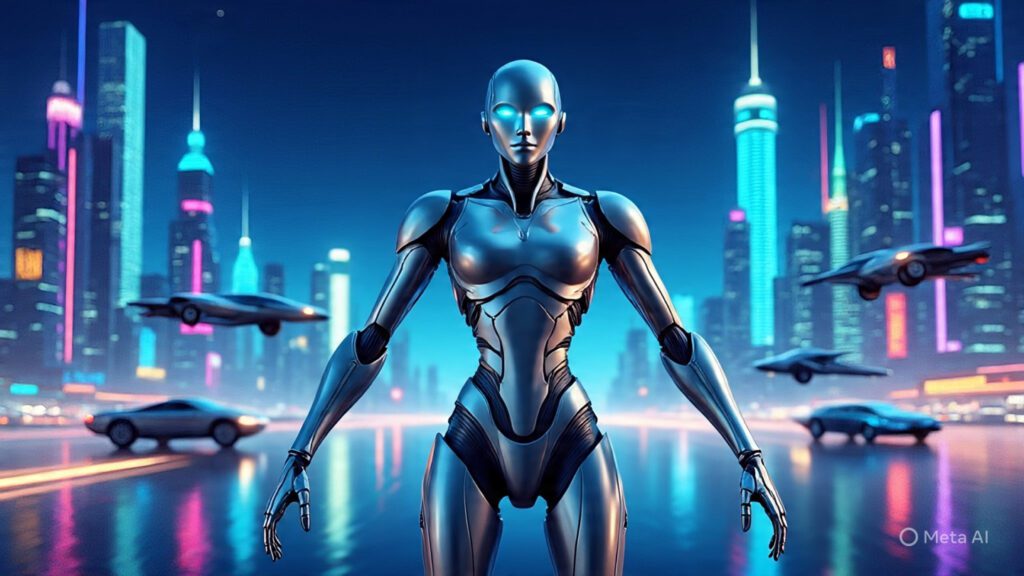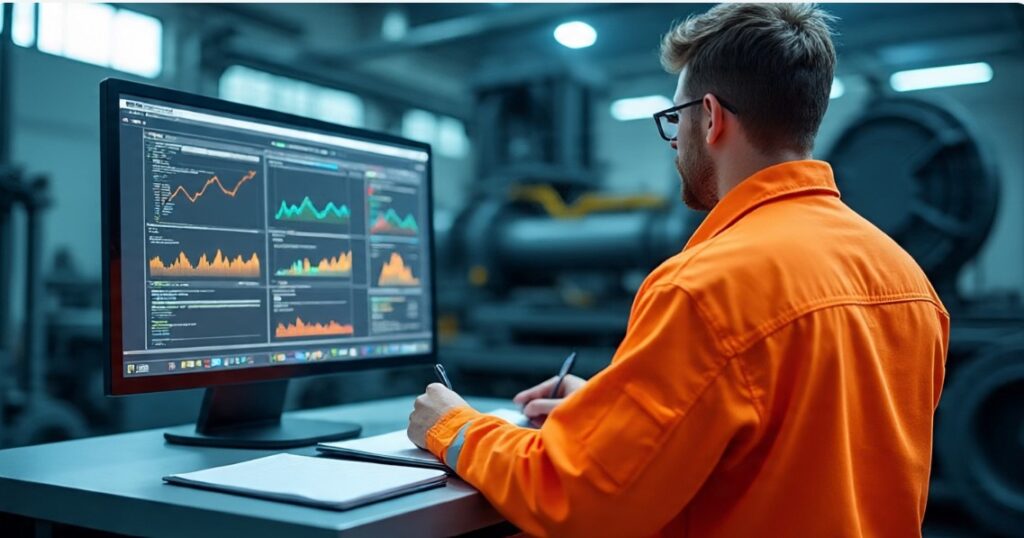The Impact of AI on the Future of Work in 2025
The integration of artificial intelligence (AI) is rapidly transforming the landscape of work, and its effects will be profoundly felt in 2025. Understanding the future of work AI 2025 is crucial for individuals and businesses alike. This means adapting to automation, reskilling for new roles, and embracing the opportunities presented by this technological revolution. The changes will be sweeping, impacting various sectors and demanding proactive adjustments across the board.
Automation and its Effects on Industries
Manufacturing and Logistics
AI-powered automation is already making significant inroads in manufacturing and logistics. Robots equipped with advanced AI capabilities are performing tasks with greater speed and precision than ever before, leading to increased efficiency and reduced costs. This also means a shift in the required skill sets for human workers in these sectors. The need for human oversight and management of these systems will remain, but the nature of the work will change.
Customer Service
AI chatbots and virtual assistants are becoming increasingly sophisticated, handling a growing volume of customer service inquiries. While this technology enhances efficiency and customer experience, it also raises concerns about potential job displacement for human customer service representatives. However, the need for human intervention in complex or sensitive situations will likely persist, requiring a transition to more specialized customer support roles.
Healthcare
In healthcare, AI is revolutionizing diagnostics, treatment planning, and drug discovery. AI algorithms can analyze medical images with greater accuracy than humans, leading to earlier and more effective diagnoses. Similarly, AI-powered robots are assisting surgeons with complex procedures, improving patient outcomes. While this technology promises to greatly benefit patients, it also necessitates the reskilling of healthcare professionals to effectively utilize and manage these new tools. Learn more about the exciting advancements in AI healthcare at WHO.
Reskilling and Upskilling for the Future of Work AI 2025
The transformative impact of AI on the future of work necessitates a proactive approach to reskilling and upskilling. Individuals need to adapt to the changing demands of the job market by acquiring new skills that complement AI technologies. This includes developing skills in data analysis, AI programming, and digital literacy. Moreover, individuals should focus on skills that uniquely complement AI capabilities, such as critical thinking, creativity, and emotional intelligence—areas where humans still hold an advantage.
The Importance of Lifelong Learning
In the age of AI, lifelong learning is no longer a luxury but a necessity. Continuous skill development and adaptation are crucial for remaining relevant in a rapidly evolving job market. The ability to quickly learn new technologies and adapt to new work processes will be a highly valued asset in the future of work AI 2025.
New Job Creation in the AI Era
While some jobs will be displaced by automation, AI is also creating new opportunities. The development, implementation, and maintenance of AI systems require skilled professionals in areas such as AI engineering, data science, and cybersecurity. Furthermore, new roles are emerging in areas such as AI ethics and AI policy, underscoring the societal implications of this technology. A recent report from the World Economic Forum suggests that while some jobs will be lost, many more will be created, leading to a net positive impact on employment. Read more about this on the World Economic Forum website.
Embracing the Future of Work AI 2025
The integration of AI into the workplace is inevitable and presents both challenges and opportunities. By embracing lifelong learning, focusing on uniquely human skills, and adapting to the changing demands of the job market, individuals can thrive in the future of work AI 2025. Governments and businesses also have a crucial role to play in facilitating this transition through initiatives such as reskilling programs and supportive policies. As Paul Daugherty, Accenture’s chief technology officer, notes, “We are not just entering a new industrial revolution; we are entering a new human revolution.” This requires a proactive and collaborative approach to navigate the changes and harness the potential of AI to create a more prosperous and equitable future for all.
For more information on how to prepare for the future of work, see our guide on AI Career Paths.
Frequently Asked Questions
What industries will be most affected by AI automation in 2025?
Manufacturing, logistics, customer service, and healthcare are expected to experience significant transformations due to AI-powered automation. However, the impact will be felt across numerous sectors.
What skills will be in high demand in the future of work with AI?
Data analysis, AI programming, digital literacy, critical thinking, creativity, and emotional intelligence will be highly valued. Lifelong learning and adaptability will also be crucial.
Will AI lead to job losses or job creation?
While some jobs will be displaced by automation, AI is also creating new opportunities in areas such as AI engineering, data science, and AI ethics. The net effect on employment is a subject of ongoing debate but is likely to be a positive shift.



